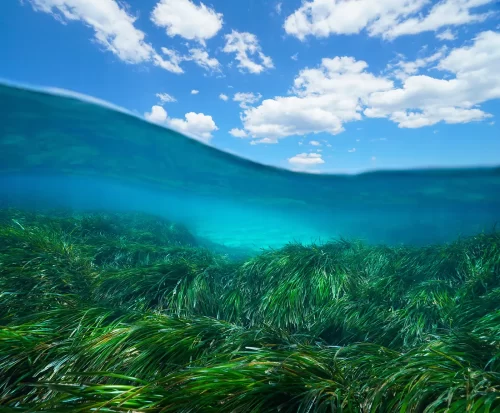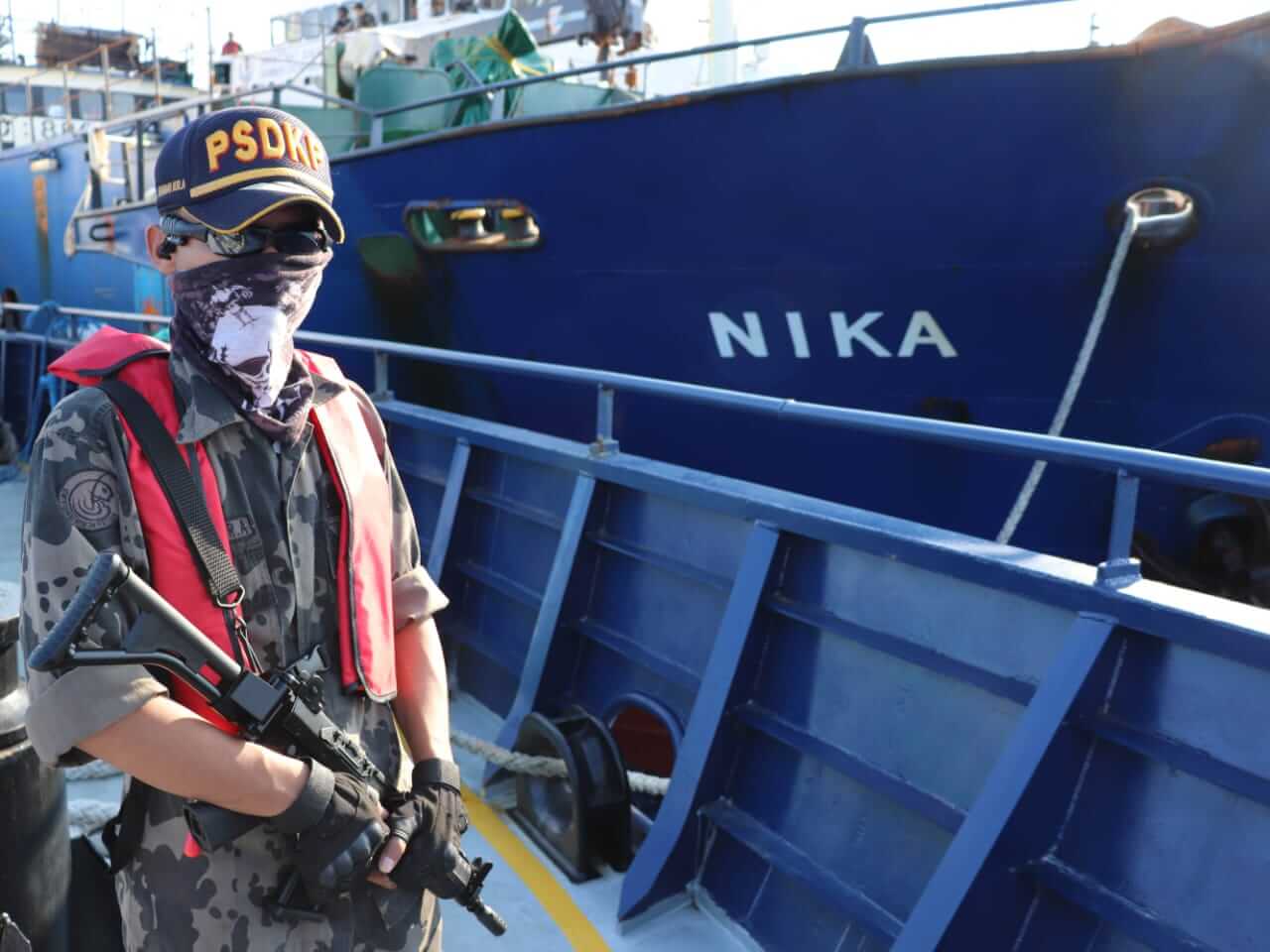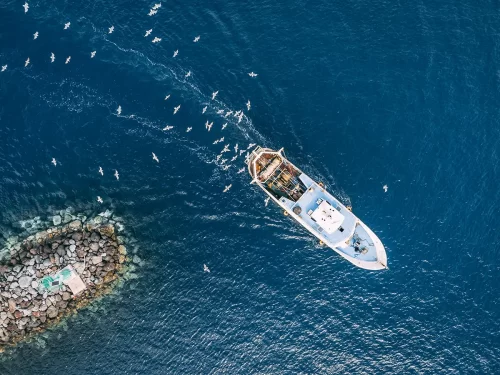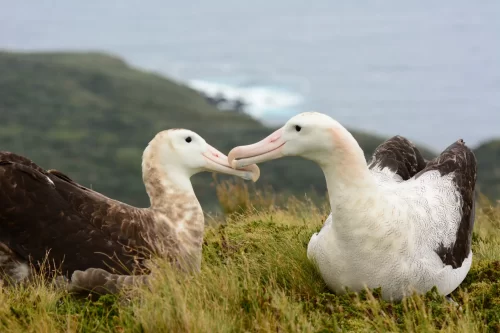
© Regina Safri
The Issue
On the vast ocean, illegal, unregulated and unreported (IUU) fishing is rife—and hard to detect. Even when a vessel is suspected of fishing illegally, it can be all too easy to evade the authorities. Patrol boats have little chance of intercepting vessels far from shore—vessel names can be changed and flags swapped out to escape detection. There is no border control across the ocean, and operators can simply avoid trips back to port by transferring their catch at sea.
The MV NIKA was one of these outlaw vessels. Since 2006, it had changed its name seven times and also switched flags seven times. Previously impounded in Russia for illegal crab fishing, in June 2019 it was spotted acting suspiciously in the protected waters of South Georgia in the south Atlantic ocean.

At the time, the MV NIKA was registered in Panama as a cargo vessel. For safety reasons, it wasn’t permitted to sail more than 200 nautical miles from shore.
Panama—a country that is committed to clamping down on IUU fishing vessels sailing under its flag—asked for INTERPOL’s support in locating the MV NIKA. When the vessel appeared to be heading toward Indonesian waters, Panama alerted the Indonesian authorities.
Our Work
Our analysts had already been tracking the MV NIKA – a difficult task, since it had illegally turned off its vessel tracking system.
Working closely with Indonesian naval and fisheries officers and INTERPOL, we used our technology to predict the MV NIKA’s course and identify rendezvous where patrol vessels were able to intercept it.
Eventually, two Indonesian Navy patrol boats captured the MV NIKA in the Strait of Malacca and took it into port. Despite being registered as a general cargo vessel, it was found to have fish processing facilities on board as well as fishing gear and bait ready to use.
The capture of the MV NIKA shows the potential of using satellite surveillance to clamp down on IUU fishing, as well as the benefits of international cooperation and greater transparency in vessel registration and monitoring. Indonesia and Panama were among the first countries to agree to publish data on their fishing fleets through the Global Fishing Watch map.
“The MV NIKA case shows we are determined to increase our cooperation with efforts to fight illegal fishing involving our flagged vessels. Fishing operators must no longer be permitted to flout regulations with impunity. We hope publishing our data on the Global Fishing Watch platform will mark a turning point in helping us fight for change on the oceans.”
Raúl Delgado,Director of Inspection, Surveillance, and Control, Authority for Aquatic Resources of Panama (ARAP)

